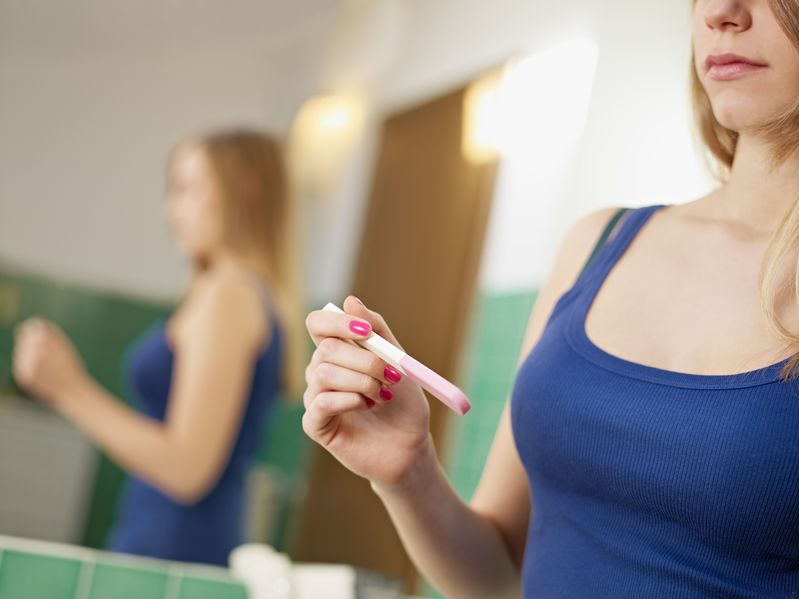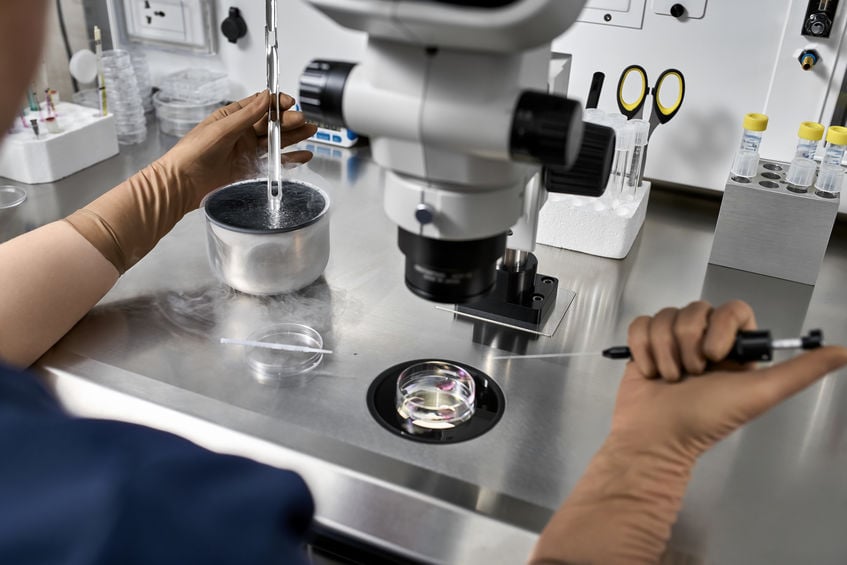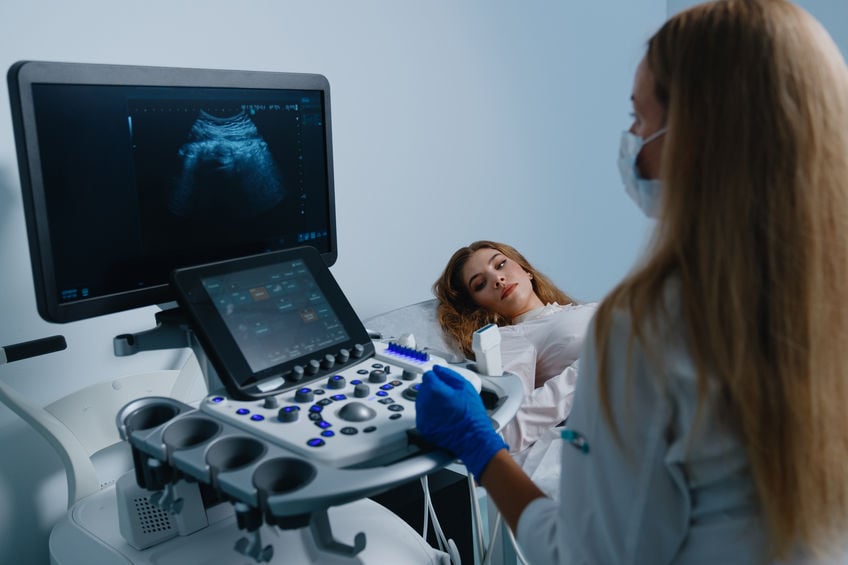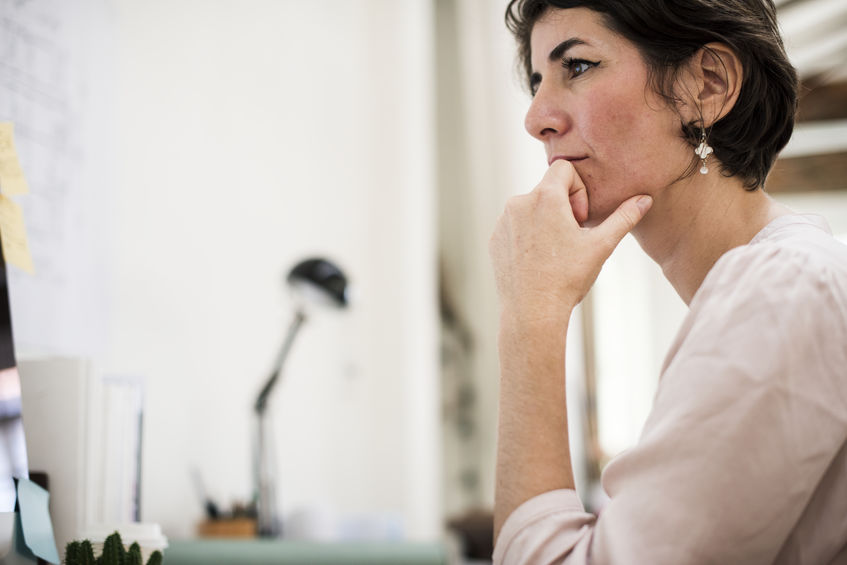A Solution For Infertility
Nothing beats the joy of starting a family. But this reality is almost impossible for 1 in 8 American couples. Infertility is the inability to get pregnant naturally after at least 6 months of trying. Over the decades, techniques like in vitro fertilization or IVF have allowed infertile couples to have kids. However, IVF alone is not enough for some infertile women. To truly become pregnant, the hopeful parent may need an egg donor.

Understanding IVF and egg donors
In vitro fertilization is known as assisted reproductive technology or ART. The complex medical process takes an egg and sperm sample, fertilizes the samples, and implants the embryo for a successful pregnancy. For a successful IVF cycle, the woman needs to provide viable mature eggs to fertilize. If this is not possible, a family member or an egg donation clinic can provide a donor egg. The biggest concern is that the egg is not from the biological parent. However, there are benefits to using an egg donor.
Egg donation helps with ovarian failures
Some women are infertile due to a condition called primary ovarian insufficiency. Also called premature ovarian failure, the ovaries stop functioning before age 40. With POI, the ovaries no longer release eggs or produce enough estrogen. For some women, the condition can prevent women from becoming pregnant, although the uterus is intact. An egg donor provides a healthy, mature egg for the IVF process.
Circumventing possible genetic illnesses
Some women may have a history of genetic diseases that can pass onto a child. These genetic illnesses can lead to congenital disabilities, miscarriages, failed IVF cycles, or conditions like sickle cell or Down syndrome. Preimplantation genetic tests could reveal these diseases or defects, which means a change of plans. An embryo with a donor egg instead can help avoid these lifelong problems.
A level playing field
A young, healthy woman is most likely to conceive naturally after one year of trying. With age, this figure declines significantly. Women over 40, for instance, have a 10-20% chance of conceiving. These women may have a diminished ovarian reserve, which reduces the chances of developing mature eggs. An egg donor levels the playing field for women over 40 by providing more mature eggs to create embryos.
Donor eggs increase success rates
With IVF, the success rate varies, particularly with older patients. Most patients undergo more than one cycle. Even then, there is a 40% chance of success for women under 35. The success rate drops to about 11% for women over 40. Those chances drop to less than 2% over age 45. Donor eggs significantly improve that figure, with women 45 and older achieving over 35% success rates.
Improve your chances with egg donation
Infertility can put a damper on a family’s future. With age, the chances of becoming pregnant decrease significantly, even with IVF. In specific cases of infertility, the woman’s eggs are not viable for IVF. Donor eggs can help in these circumstances. Of course, there will be questions about the process, legalities, and even biological connections. The fertility clinic can answer all these questions and more. For women or couples considering IVF, talk to a fertility specialist about an egg donor today.





